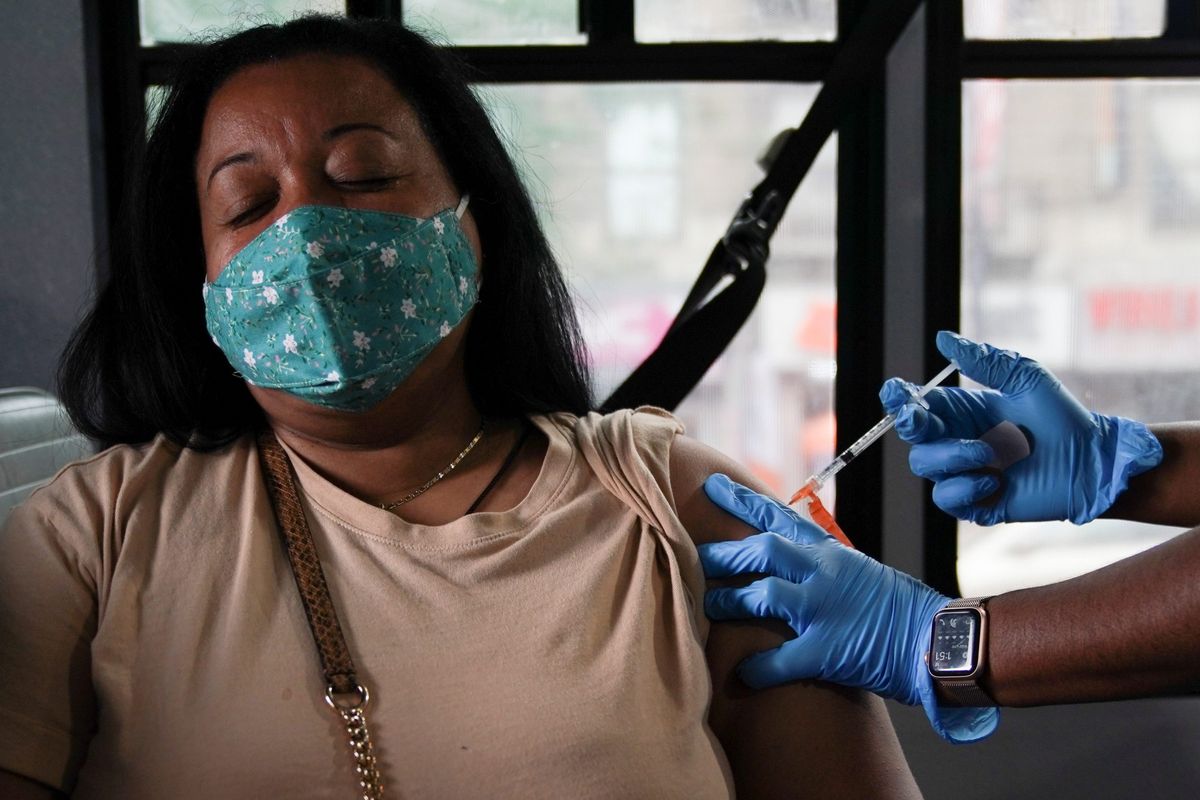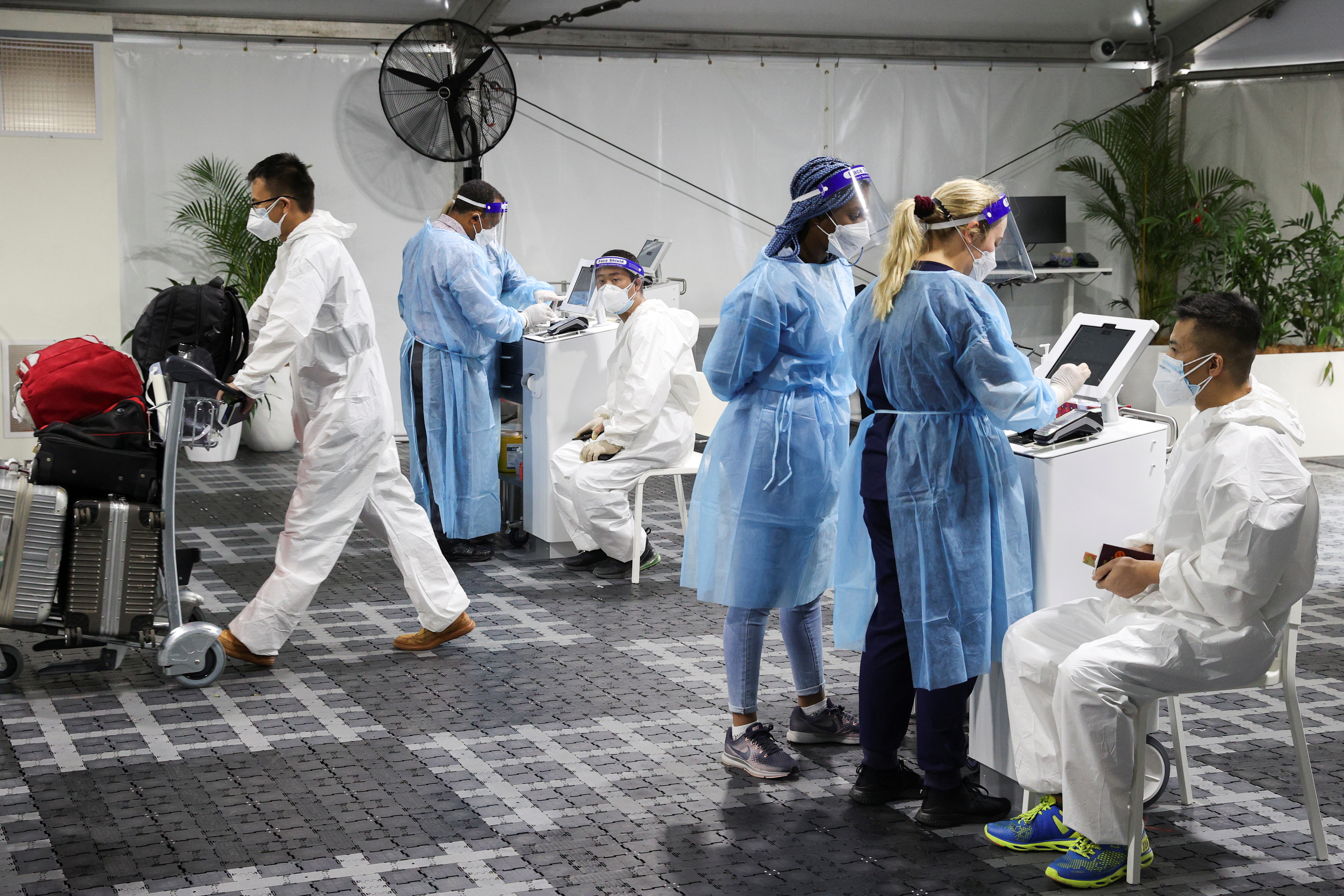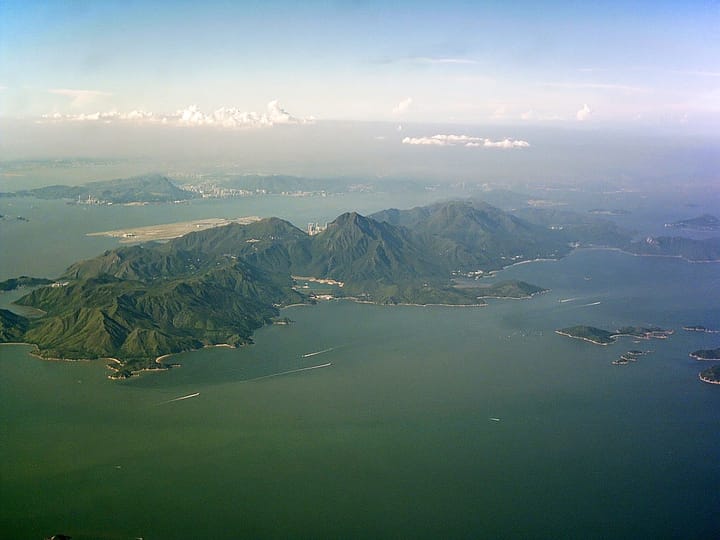Why are African leaders so angry about the travel bans imposed by the rest of the world?

A few minutes every morning is all you need.
Stay up to date on the world's Headlines and Human Stories. It's fun, it's factual, it's fluff-free.
Many countries, including the United States and many European nations, put travel bans on South Africa and neighboring African countries as soon as the variant was discovered.
What exactly do we know about the omicron variant?
- We know a bit about the omicron variant, but first, keep in mind that it’s still new, and there isn’t a lot of official, hard data on it yet.
- With that said, there are two things that experts seem pretty confident about, and that is where the first case was found and if it’s more transmissible than other variants.
- Experts have suggested that the variant seems to be more transmissible than any other, with some estimating that it’s three to six times more transmissible than the delta variant.
- As for where the omicron was first detected, that’s South Africa. But, it’s important to note that just because the first case was found there, it doesn’t necessarily mean it originated there.
- The reason we can’t be sure it originated in South Africa is that the country has some of the best laboratories in the continent and so are one of the few countries in the region equipped to research it.
- For example, so far South Africa has published 24,000 COVID-19 genomic sequences, which is over 40% of the total sequences in the continent. Kenya, the second-highest, has published just over 5,000.
How did countries react to the new variant?
- Not very well.
- Many countries, including the United States and many European nations, put travel bans on South Africa and neighboring African countries as soon as the variant was discovered.
- But this prompted immediate pushback from the leadership in those countries, with South African President Cyril Ramaphosa calling the bans “completely unjustified.”
- “The only thing the prohibition on travel will do is to further damage the economies of the affected countries, and undermine the ability to respond to and also to recover from the pandemic,” said Ramaphosa in a speech.
- In an open letter published in The Lancet, seven South African scientists also criticized the travel bans, calling them “political theatre.”
- “Rather than applaud their generosity and openness,” reads the letter, “travel bans have had the opposite effect and could be damaging to the health response, economy, and freedom of movement.”
Why are these travel bans so controversial?
- Aside from the fact that the affected economies will get hit hard by the travel bans, there are three main reasons the countries have responded this way.
- First, many of them point out that if developed nations had done a better job of vaccinating people in developing countries, these variants might not emerge as frequently.
- This is supported by the fact that the COVAX effort, the World Health Organization’s (WHO’s) global vaccination program, was hoping to send two billion vaccines to countries in need by the end of the year but only managed to send about a quarter of that.
- Second, these leaders point out that, by implementing travel bans on countries that are transparent about new variants, these countries could inadvertently be causing other countries with other variants to try and keep everything quiet.
- This fear has been shared between doctors and global political experts alike, with former Obama national security spokesman Tommy Vietor saying, “I really do sincerely worry about the message it sends to other countries about transparency and that they could be punished.”
- And lastly, critics have pointed out that travel bans aren’t that effective since the omicron variant has already been found in at least 40 countries.

How have other countries responded?
- In the US, Biden’s chief medical advisor Dr. Anthony Fauci said, “When the ban was put on, it was put to give us time to figure out just what is going on.”
- Fauci has also said that the US is looking into lifting the travel ban and that the administration hopes to lift it “within a reasonable amount of time.”
- In a call between British Prime Minister Boris Johnson and Ramaphosa in late November, Johnson said that Britain would work to reopen international travel. “The Prime Minister commended South Africa’s rapid genomic sequencing and leadership in transparently sharing scientific data," added the Johnson’s Downing Street office.
- As for the European Union, health ministers met on Tuesday to discuss curbing or adjusting the bans on travel from southern Africa.
- So overall, the countries that implemented a travel ban on South Africa seem to be working toward removing it with caution.
What’s next?
- When it comes to omicron, the next big thing will be to get some more information and data that can describe the variant more specifically so countries can act accordingly.
- Scientists are basically looking to answer three questions here: How transmissible is it? How good is it at getting around the existing vaccines? How dangerous is it?
- Once those questions are answered, which many are saying will be in the next one to two weeks, governments will be able to decide what to do with their borders.
You drive the stories at TMS. DM us which headline you want us to explain, or email us.




Comments ()